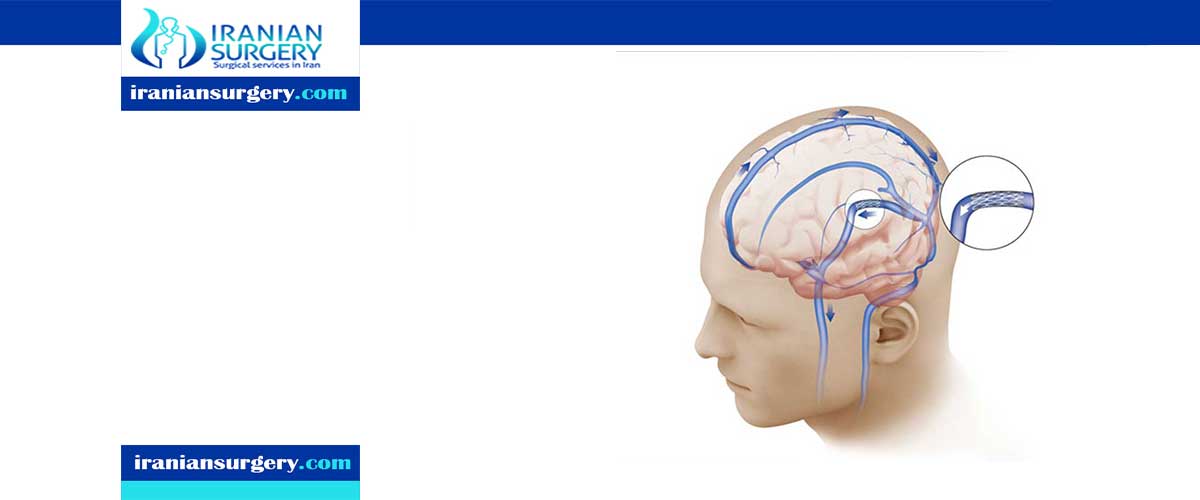Pediatric Neurosurgery

Pediatric Neurosurgery
What is Pediatric Neurosurgery?
Pediatric Neurosurgery is a subspecialty of neurosurgery; which includes surgical procedures that are related to the nervous system, brain and spinal cord; that treats children with operable neurological disorders. Neurosurgical problems seen by pediatric neurosurgeons are often quite different from those commonly seen by adult or general neurosurgeons. Special training in pediatric diseases as they relate to pediatric neurosurgical diseases is important. Pediatric neurosurgical problems often are present for life. Pediatric neurosurgeons have a special and longstanding relationship with their patients. Children with nervous system problems frequently require ongoing and close follow-up throughout childhood and adolescence.
What Kind of Training Do Pediatric Neurosurgeons Have?
Pediatric neurosurgeons are medical doctors who have had
- At least 4 years of medical school
- One year of surgical internship
- Five or more years of residency training in neurological surgery
- Additional training in pediatric neurosurgery
- Certification from the American Board of Neurological Surgery and the American Board of Pediatric Neurological Surgery
What does a pediatric neurosurgeon do?
Pediatric neurosurgeons concentrate on the special surgical problems of children involving the brain, spine or peripheral nerves. We care for infants, children, and adolescents, and also help to counsel parents expecting a baby who may have been diagnosed before birth with a neurosurgical problem.
Pediatric Neurosurgeons The best care for children
Children are not just small adults. They cannot always say what is bothering them. They cannot always answer medical questions, and are not always able to be patient and cooperative during a medical examination. Pediatric neurosurgeons know how to examine and treat children in a way that makes them relaxed and cooperative. In addition, pediatric neurosurgeons use equipment and facilities specifically designed for children. Most pediatric neurosurgery offices are arranged and decorated with children in mind. This includes the examination rooms and waiting rooms, which may have toys, videos, and reading materials for children. This helps create a comfortable and nonthreatening environment for your child.
The pediatric neurosurgeon will provide the diagnostic and surgical interventions in a hospital that has the support services, pediatric physicians, and nurses necessary for the care of your child. Children with special needs require that the pediatric neurosurgeon work closely with the primary care pediatrician and the pediatric specialist to provide coordinated and comprehensive care of the child.
If your pediatrician suggests that your child see a pediatric neurosurgeon, you can be assured that he or she has the widest range of treatment options, the most extensive and complete training, and the greatest expertise in dealing with children and in treating neurosurgical problems.
10 common questions about Pediatric Neurosurgery
[kkstarratings]



